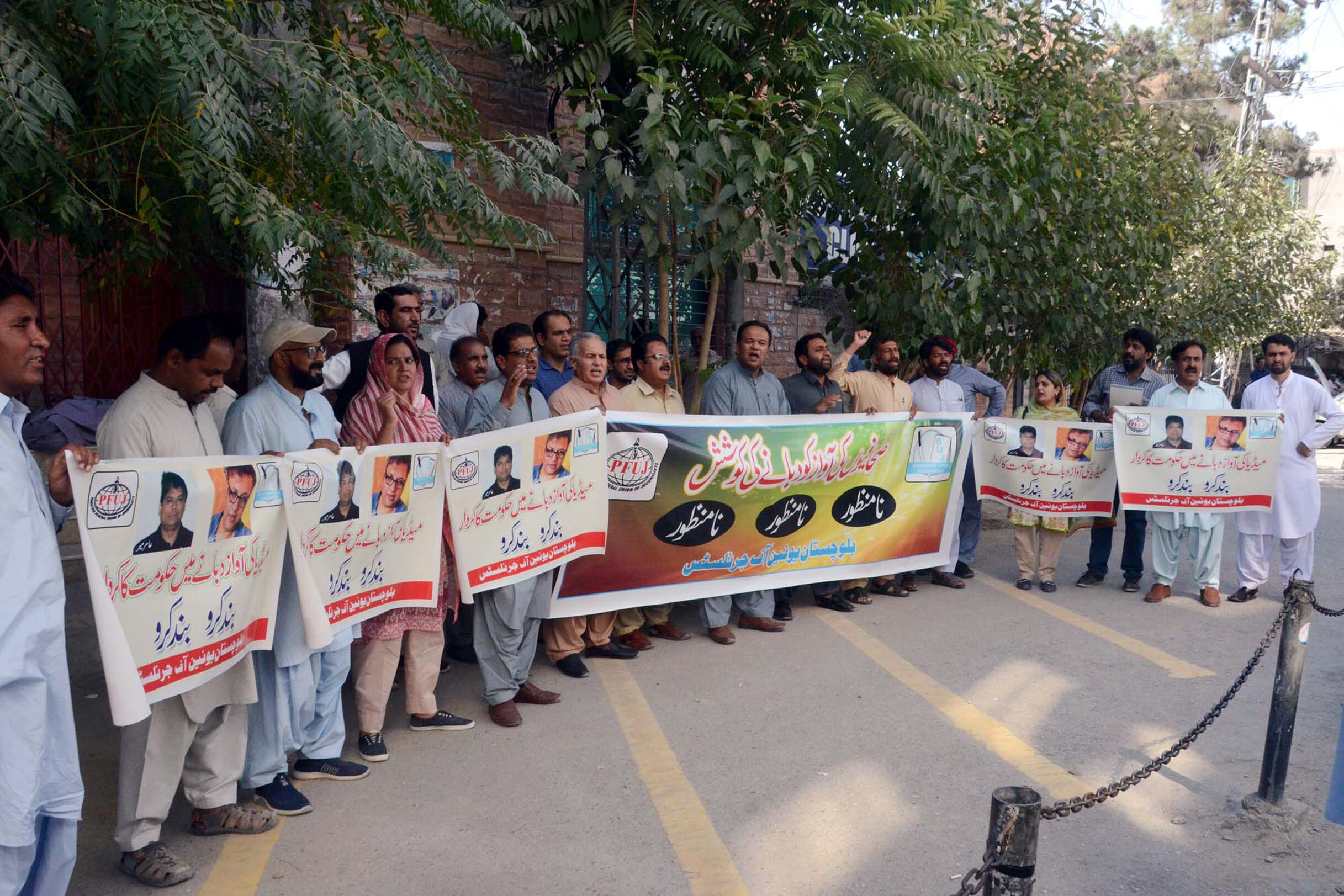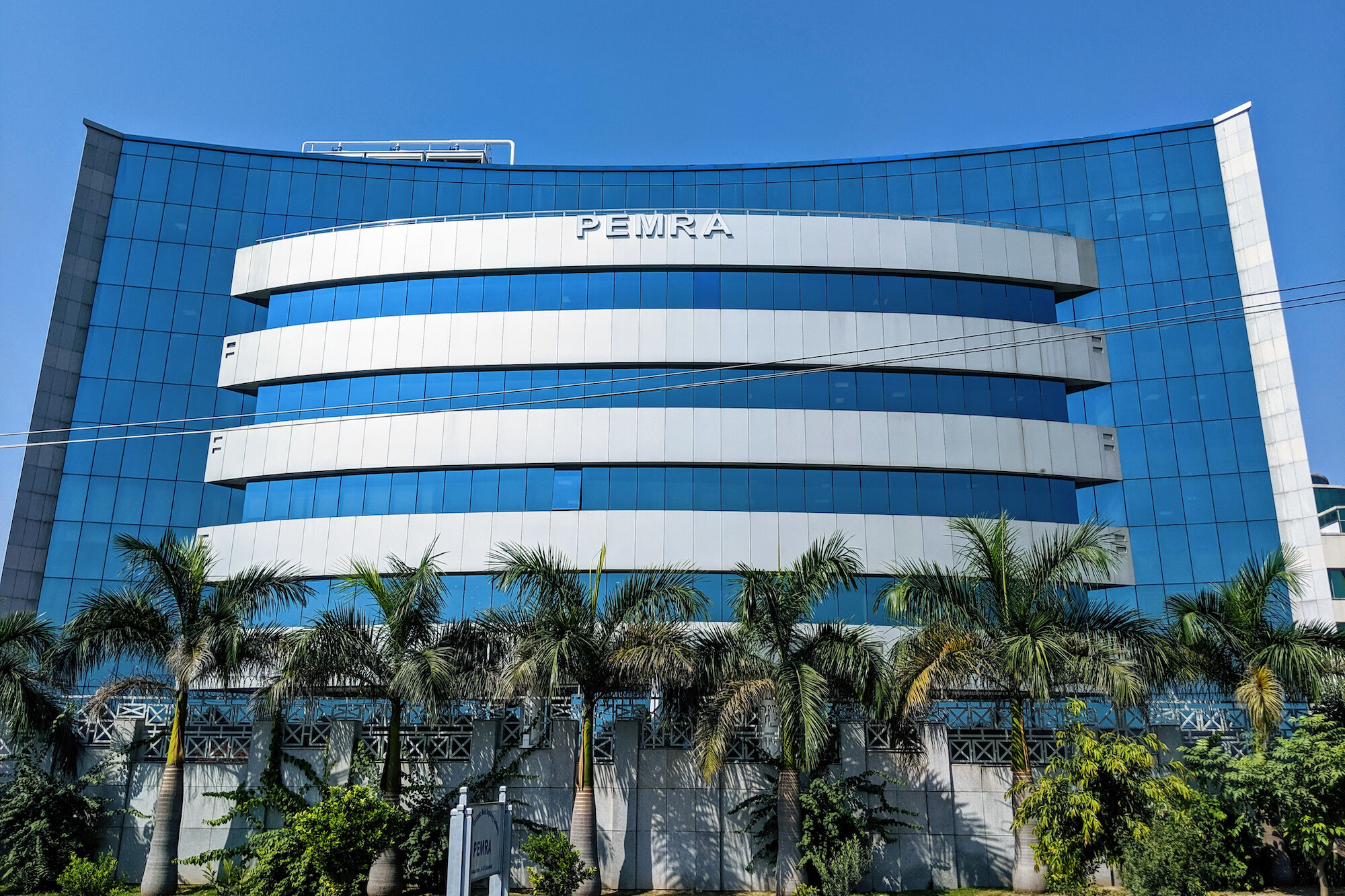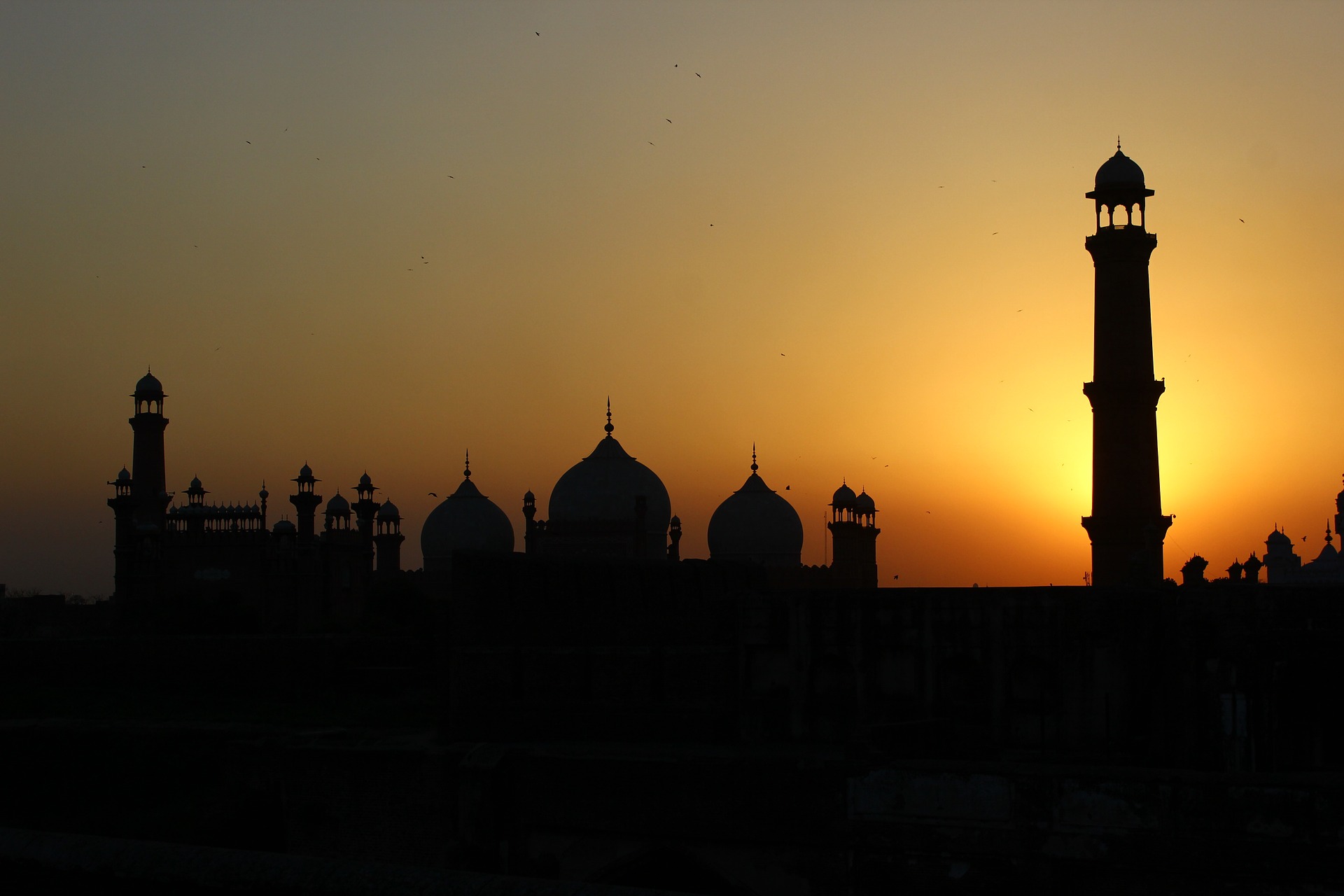As a new government enters power in Pakistan, what might this mean for the future of Pakistan’s oppressed media landscape?
There appears to be a shift in attitude towards more free and open media, following the ousting of Pakistan’s former Prime Minister, Imran Khan, last month.
When Mr. Khan was elected in 2018, there were hopes for progressive, democratic change in Pakistan, namely with his anti-corruption stance and the Constitution guaranteeing freedom of the press. But under his military-backed leadership, independent and public interest media were increasingly suppressed. Journalists were routinely subjected to intimidation, physical attacks, arbitrary detentions, imprisonments and censorship under draconian laws, while the news industry also battled with financial hardships.
With a new administration now settling in under the newly-elected Prime Minister, Shehbaz Sharif, there are hopes this will signal a turning point for independent media.
Among a series of new measures announced in recent weeks by Mr. Sharif and his administration are promises to review many of the restrictive media laws, which oppressed independent media during Mr. Khan’s four-year tenure, in consultation with media stakeholders. This includes discontinuing a bill that Mr. Khan’s government proposed would combat fake news by establishing the Pakistan Media Development Authority (PMDA), an all-encompassing regulatory body that would grant the state greater control over all types of media and set up media tribunals under the guise of supporting the rights of journalists. The proposal was strongly opposed by many journalist unions and politicians.
The new Information and Broadcasting Minister, Ms. Marriyum Aurangzeb, also stated that there would be “zero tolerance” for doxing and intimidation of journalists online, and that dissent would be allowed. “Criticise us. We will accept it wholeheartedly if it can improve the lives of Pakistanis and the government’s performance,” she said in a press conference after taking the oath in her new role.
In a tweet posted on World Press Freedom Day last week, Mr. Sharif verbalised his commitment to press freedom and freedom of speech and condemned his predecessor for placing the country’s “democracy in bad light.” Pakistan fell 12 points in RSF’s 2022 World Press Freedom Index, and fell a total of 18 points during Khan’s tenure. Last year, RSF labelled Mr Khan a “press freedom predator”.
Pakistan fell 12 points on Press Freedom Index during last year of Imran Khan’s govt & 18 points during his tenure. It not only earned him shameful title of “press freedom predator” but also placed our democracy in bad light. We are fully committed to freedom of press & speech!
— Shehbaz Sharif (@CMShehbaz) May 4, 2022
Journalist unions have thus far expressed hope in the positive steps proposed by the newly elected government to revive Pakistan’s media industry, and have called on Mr. Sharif to actively carry out these commitments. The Pakistan Federal Union of Journalists (PFUJ) presented a charter of demands to the new government last month, including measures to ensure safety of journalists and to tackle the media’s financial crisis.
Other media stakeholders remain sceptical of these new promises. Even with the recent ruling from the Islamabad High Court which found a draconian cybercrime law “unconstitutional”, Dawn’s editorial team wrote that it was the PML-N party – Mr. Sharif’s party now in power – which originally legislated the act while Nawaz Sharif was Prime Minister.
Another proposed announcement includes replacing the leadership of Pakistan’s state media. According to The Nation, the Director General of Radio Pakistan, the Managing Director of Pakistan Television, and government information posts, would be changed. This is likely to “build [a] positive perception of the ruling coalition in the media.” Several low-ranking PTV employees were instantly suspended for failing to adequately cover Mr Sharif’s visit to Lahore at the start of May but were later reinstated.
“This historical tendency of successive governments to [clamp] down on journalists’ rights took a far more extreme turn in the past few years”, The News International Editorial Board wrote. While the outlet is hopeful that “the current government will try to be different and understand that a journalists’ job requires a healthy amount of scepticism for those in power”, it also remains sceptical, considering the trends regarding promises made by new leadership for media freedoms in recent years.
“We have seen every new government speak bravely about media freedom – and yet succumbing to the temptation to block, ban, and censor.” They concluded: “This time a government that has come claiming it is freeing the people from the clutches of an authoritarian dispensation needs to be better.”
As with any new government that pledges to support a freer media landscape, the PMA takes this opportunity to document these proposals and hold new power to account. We will continue to monitor the situation and support public interest journalists in being able to do their jobs without fear or favour.
Header Image: Cityscape of Lahore, Pakistan. Credit: pxhere/Creative Commons
Related Posts
17th January 2022
Pakistan: Journalists face Contempt of Court charges
Journalists face contempt charges for…
21st September 2021
Pakistan: Media representatives “strongly opposed” to proposed media authority
Media workers in Pakistan continue to…
27th January 2021
Pakistan: Serious concerns for journalist safety and editorial independence
Attacks on journalists and threats to…



